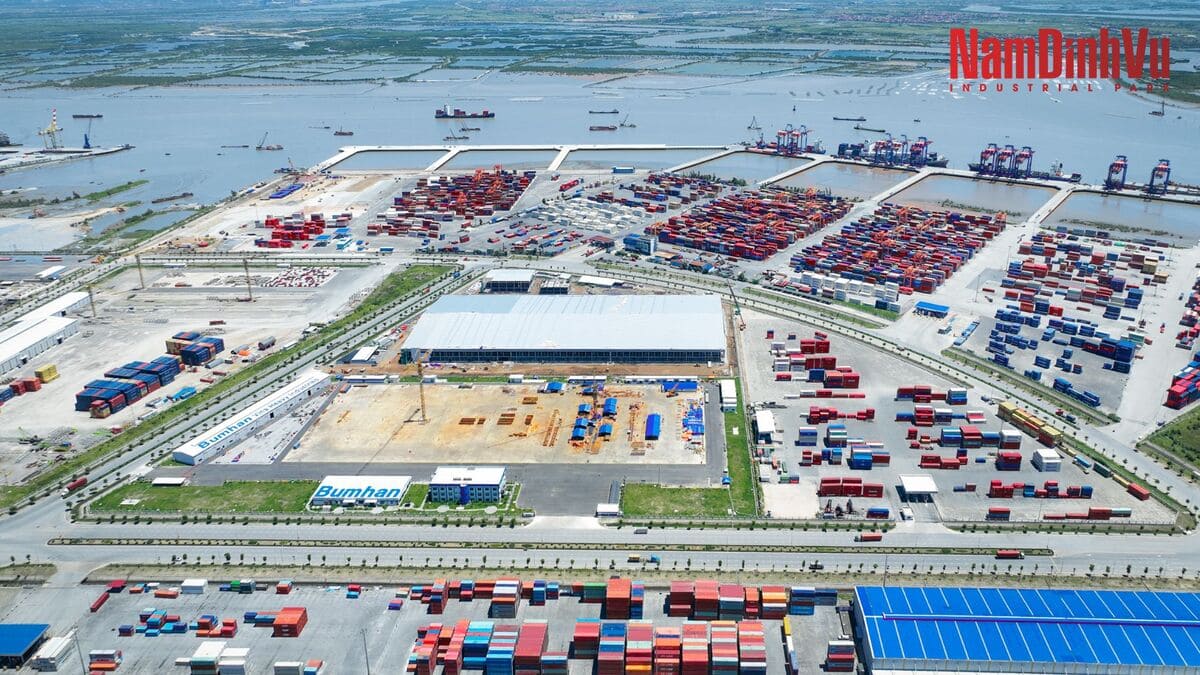Vietnam Industrial Zone
Vietnam is strengthening its position as one of Asia’s most attractive destinations for foreign direct investment (FDI). As international manufacturers seek efficiency, resilience, and sustainability, the focus is shifting from traditional industrial parks to “smart” industrial zones — high-tech ecosystems built to meet the needs of modern supply chains.
Smart Zones Take Center Stage
According to the Vietnam Industrial Real Estate Association (VIREA), more than 60% of foreign-invested enterprises now favor zones equipped with digital infrastructure, automation, and real-time data systems. At the Vietnam Industrial Zone Development Forum in Hanoi, VIREA Vice Chairman Nguyễn Văn Tiến highlighted that these smart parks are no longer a niche solution; they are rapidly becoming the new standard. This reflects a wider enthusiasm for innovation that has been steadily growing across multiple industries. Observers note that this interest aligns with broader trends in regional development, where technology and sustainability are increasingly viewed as inseparable.
Smart zones integrate Artificial Intelligence (AI), the Internet of Things (IoT), big data, and automation to improve product quality, reduce emissions, and strengthen supply chains. Many analysts believe that this momentum is likely to continue, creating new opportunities for both investors and local communities. This transformation reflects a broader change in investor priorities, moving beyond location and cost toward technological sophistication and environmental responsibility.
Investment Trends and Drivers
FDI inflows to Vietnam remain strong, reaching USD 13.8 billion in the first four months of 2025, up nearly 40% year-on-year. Of that amount, USD 3.4 billion went to manufacturing and processing, demonstrating Vietnam’s continued appeal as a production hub. This growth reflects a stable investment climate that has attracted attention from a diverse range of international players. Some market observers suggest that such steady performance also highlights the country’s resilience in the face of global economic fluctuations.
Pham Thanh Binh, Director of the Northern Investment Promotion and Support Center, noted that foreign investors increasingly favor high-tech, eco-friendly projects over low-cost, labor-intensive ones. Accelerated digital transformation, pressure from global supply chains, and the need to remain competitive are fueling this shift. While many factors contribute to these dynamics, a shared focus on long-term sustainability seems to be emerging as a common thread. To attract top-tier capital, experts recommend focusing on smart industrial zones that combine technological strength with environmental responsibility.
Challenges and Opportunities Ahead
Despite strong momentum, Vietnam faces hurdles in its transition to smart zones. Many parks still lack housing for workers, sustainable logistics, or standardized environmental systems, while over half remain in land clearance or underutilized stages. Labor shortages, especially in automation and production management, further complicate growth.
To address these issues, interdisciplinary planning is essential — linking industrial parks with ports, highways, innovation hubs, and logistics networks. Bình has proposed clear criteria for licensing and operating smart and eco-industrial zones, along with tax and credit incentives for businesses adopting circular economy models such as recycling, renewable energy, and water reuse.

VIREA Vice Chair Nguyen Thi Dung describes 2025–2030 as a “golden window” for investors. With 221 planned zones, 74 expansion projects, and 23 zoning adjustments complementing 435 existing parks, demand for industrial land is expected to rise sharply. Future parks, she stressed, must evolve into ecosystems driven by technology, innovation, and sustainability.
In conclusion, as global manufacturers search for smarter, greener production bases, Vietnam’s move toward smart industrial zones presents a clear pathway to higher-quality FDI. By advancing digital infrastructure, nurturing innovation, and embracing sustainable practices, Vietnam is positioning itself to become a leader in the next generation of global manufacturing.
Source: Vietnam Insiders
